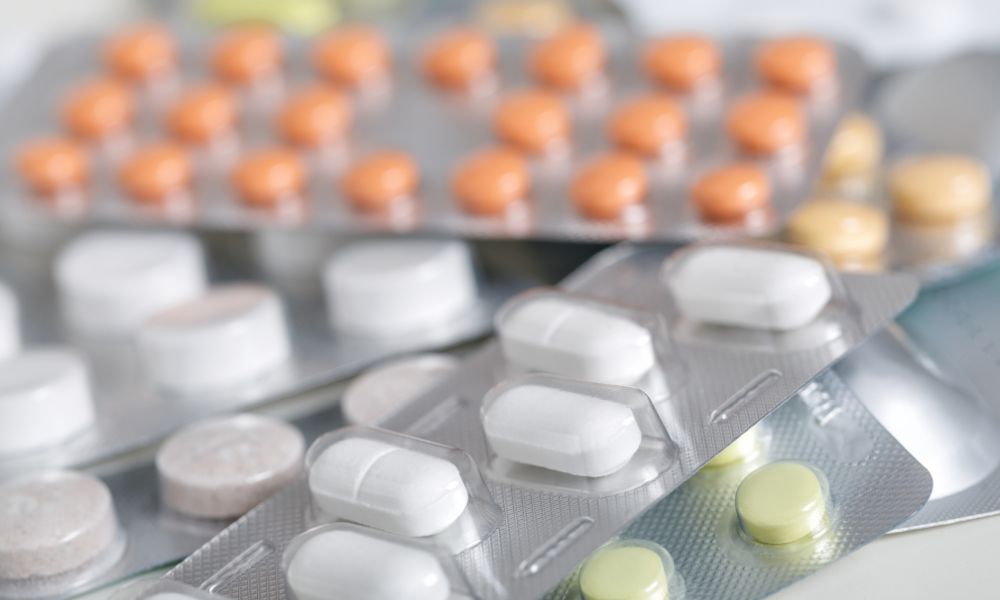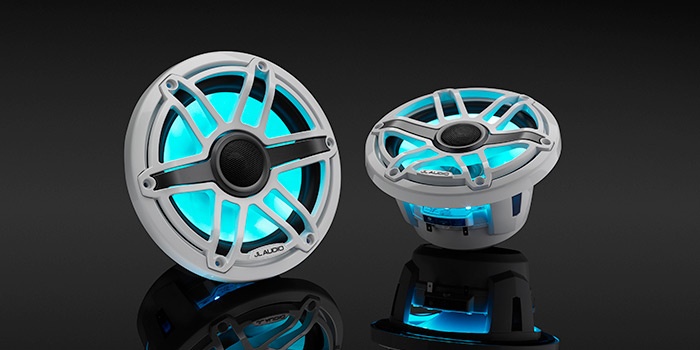Things You Didn’t Know About the Pharmaceutical Industry

The pharmaceutical industry is constantly evolving and innovating, from creating new drugs to ensuring their safety. As a consumer, you may have a basic understanding of how the industry works, but the field may surprise you with the things you didn’t know about the pharmaceutical industry. Medication and medical devices improve people’s health and well-being, but those devices and medicines must come from somewhere and go through an extensive development process.
Regulations and Testing
Every aspect of the pharmaceutical industry requires extensive regulations, from the intricate process of drug development to meticulous manufacturing procedures. These regulations are in place to guarantee the safety and efficacy of medications, providing consumers with products they can trust. Without these stringent guidelines and oversight, the potential repercussions on public health could be significant.
Pharmaceutical companies must ensure the safety of their products before such medicines or medical devices go out for the world to use. Dangerous side effects or broken devices create distrust between the pharmaceutical industry and the consumer, mistrust that can lead to people avoiding the medicine or treatments they need to stay healthy.
Pharmaceutical Packaging Is Crucial
The significance of packaging may not be the first thing that comes to mind when contemplating the pharmaceutical sector. Yet, it plays a crucial role in ensuring the safety and effectiveness of medications. Proper packaging shields drugs from contamination, tampering, and degradation, safeguarding the products’ integrity and the consumer’s well-being.
The case erector is one device that helps with this packaging need. Case erectors do a lot to help the pharmaceutical industry, making them an essential part of the packaging process. Medicines must be consistent in shape and size, and the packaging needs to ensure they don’t react with outside contaminants before they get to the consumer. The distrust between the consumer and the pharmaceutical industry would be greater if they allowed spoiled medicine to reach the market. Case erectors ensure that doesn’t happen.
Pharmaceuticals Are Expensive
Developing a new medication is an intricate and resource-intensive endeavor. The process involves extensive research, preclinical testing, formulation development, clinical trials, and approval procedures. This comprehensive journey can span several years and necessitates significant financial investments amounting to millions of dollars. The complexity and rigors of drug development, coupled with stringent regulatory requirements, contribute to the substantial costs associated with bringing new medications to market.
New Technologies and Advancements
The pharmaceutical sector continues to innovate, from incorporating innovative artificial intelligence algorithms to harnessing blockchain technology for efficient supply chain tracking. These progressive steps elevate the industry standards and play a pivotal role in revolutionizing the landscape of patient care. It’s hard to fully understand what the future of the medical and pharmaceutical industries will look like, but you can be sure that technology will be a major part of it.
The things you didn’t know about the pharmaceutical industry may seem alarming; however, learning more about it allows you to see how much of a role it plays in keeping the world healthy. The pharmaceutical industry continues to evolve and contribute to society in more ways, from strict regulations to innovative technologies.




